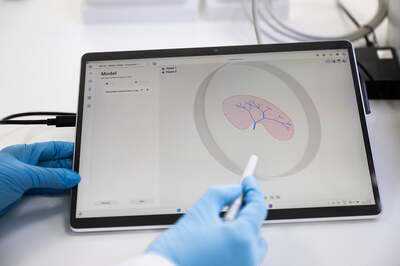
Research students in Al Ain will be able to print organs and work on finding a cure for diseases like Alzheimer’s and , thanks to a new stem cell research centre.
The UAE University (UAEU) facility will help them cut down on the time needed to complete important research work and give them access to the latest technology needed to make in their work.
“The UAEU Stem Cell Research Centre is the first academic centre of its kind in the UAE, dedicated to advancing innovation in regenerative medicine and stem cell therapies,” said Dr Rami Beiram, associate provost for Research at the university.
Dr Rami said the centre would help achieve “significant breakthroughs in stem cell therapy and its clinical applications”. He also noted that the centre would also help contribute to the country’s future in the .
During a recent visit to the centre, Khaleej Times witnessed Emirati students Shamsa Fadel Almansouri and Fatema Khamis AlDhaheri actively working on their projects. With access to state-of-the-art tools, including a cryogenic freezer and a 3D bioprinter, the students are using the latest technology to advance their research.
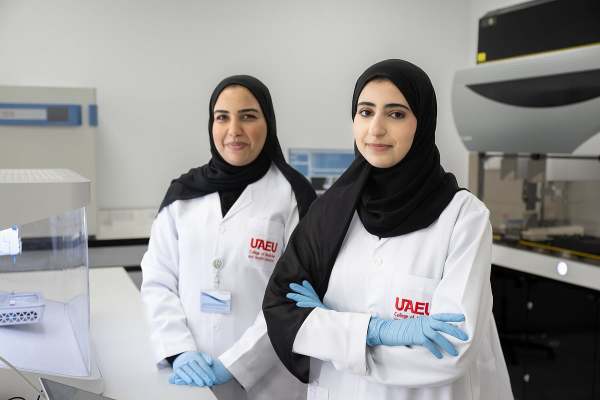 How organs are printed
How organs are printed
The 3D bioprinter, for example, is used to "print" organs, a process that Shamsa explained involves bioink composed of polymers, living cells, and growth factors.
“We will inject the cells that we process with the cell culture and then mix them with the bioink. This will be used to then print a fabricated organ.” Shamsa said.
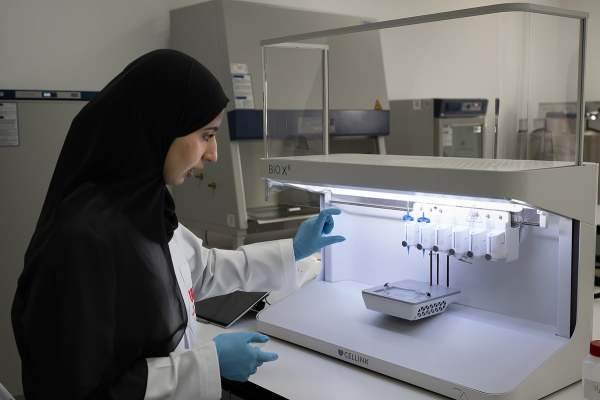
3D bioprinter
The students who were working on creating a model of a kidney, designed it on a tablet before printing. Fatema elaborated on the potential applications of their work, explaining that 3D printed organs are invaluable for disease modelling, drug testing, and tissue engineering.
"These 3D printed structures provide 100 per cent accuracy in terms of how an organ will react to a disease or how it will respond to new drugs," Fatema noted. "We’ve already printed heart patches and tested them."
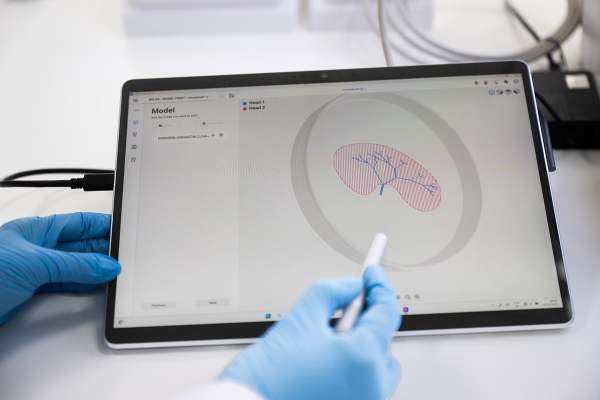
3D model of a kidney
The centre is also such as an automated cell culture platform, robotic arms, a biosafety cabinet, and a cryogenic freezer capable of storing over 47,000 stem cell vials. These machines not only reduce manual error and contamination but also enable the rapid production of stem cell lines.
Shamsa shared how the new technology has transformed their research process. "Previously, we had to do everything manually, which could take days or even weeks. Now, the new automated machines save us time and reduce the amount of manual work required, allowing us to focus more on our research."
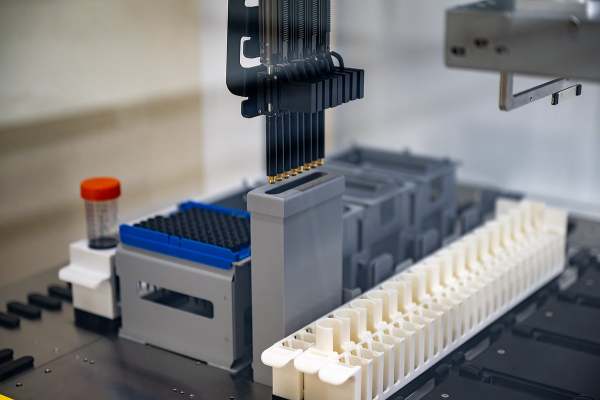
Stem cell lines
Stem cells for regenerative therapiesAccording to Dr Rami, there are several promising projects that the students are working on right now, and that their work would have far-reaching impacts.
He highlighted several promising projects underway at the centre, including studies focused on regenerative therapies for and Parkinson's.
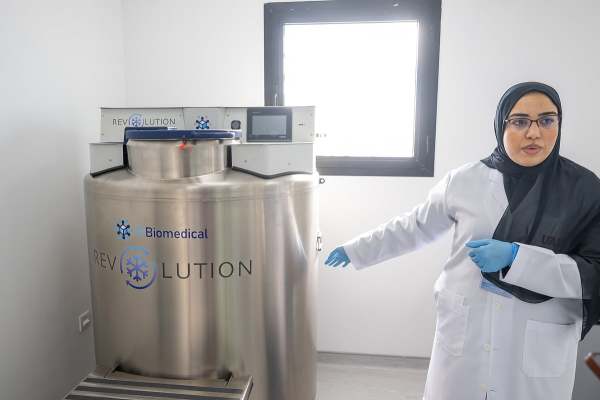
Cryogenic freezer capable of storing over 47,000 stem cell vials
"One project focuses on gastric stem cell biology, examining how stem cells contribute to tissue regeneration, carcinogenesis, and various stomach diseases. Additionally, there is an ongoing study exploring the molecular mechanisms that regulate stem cell fate determination in specific diseases,” he added.
He also underscored that the centre is laying "the groundwork" for a , which will involve the collection, processing, and storage of stem cells from umbilical cord blood.
Dr Rami explained that this project will create a national repository of high-quality stem cell samples for future therapeutic use. "This initiative reflects our commitment to advancing stem cell research and supporting clinical trials for real-world medical applications," he said.
“This initiative aims to establish a national repository of high-quality stem cell samples for future therapeutic applications,” he added.